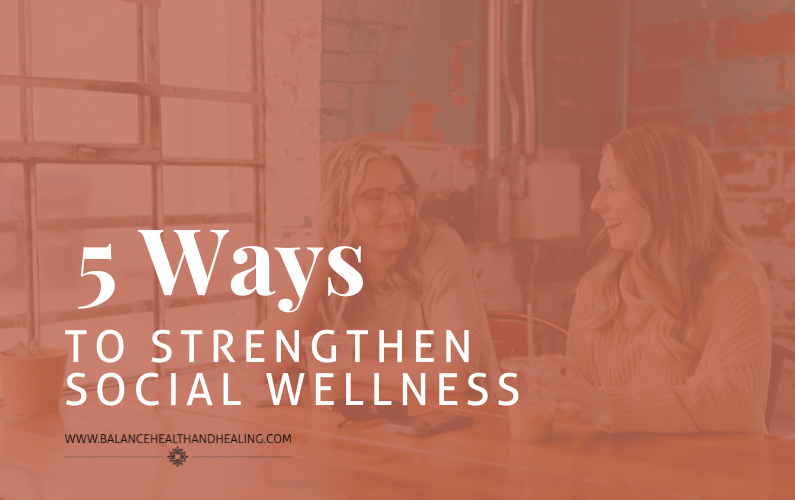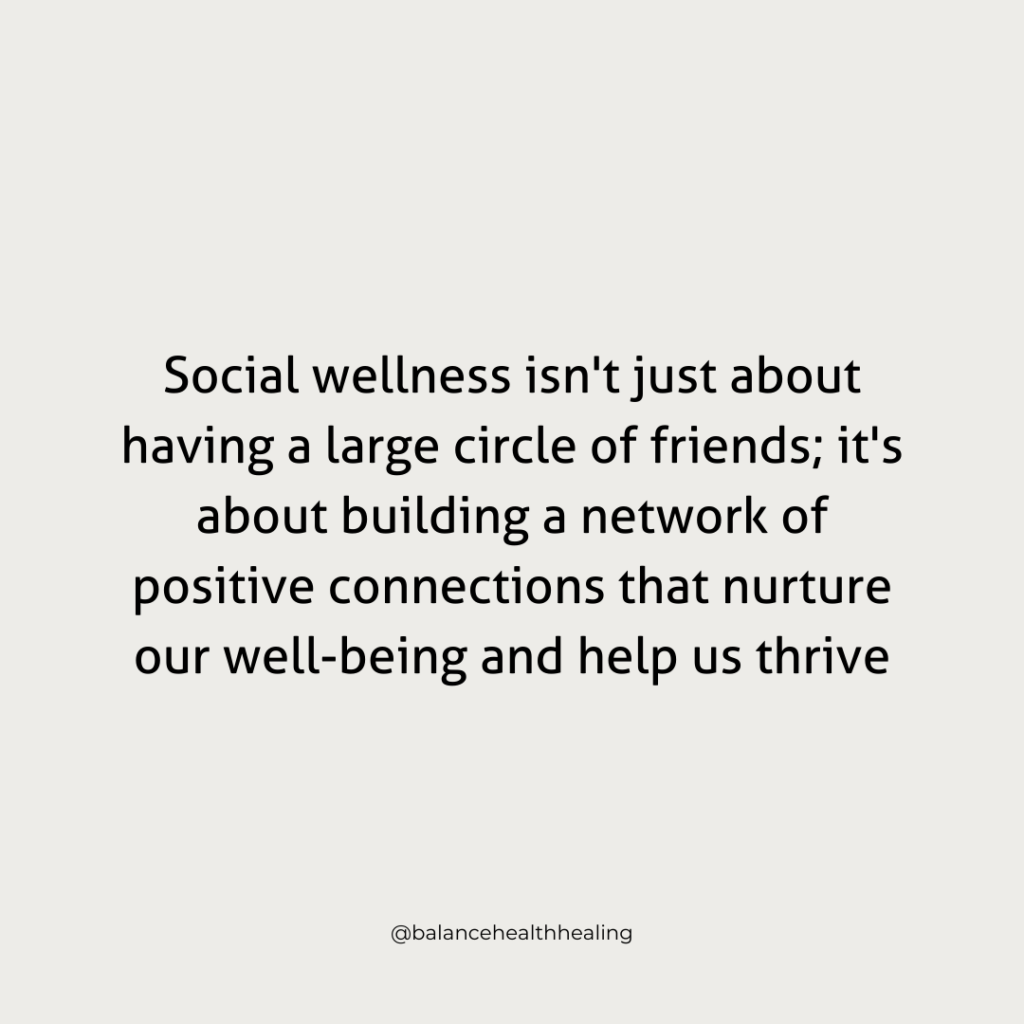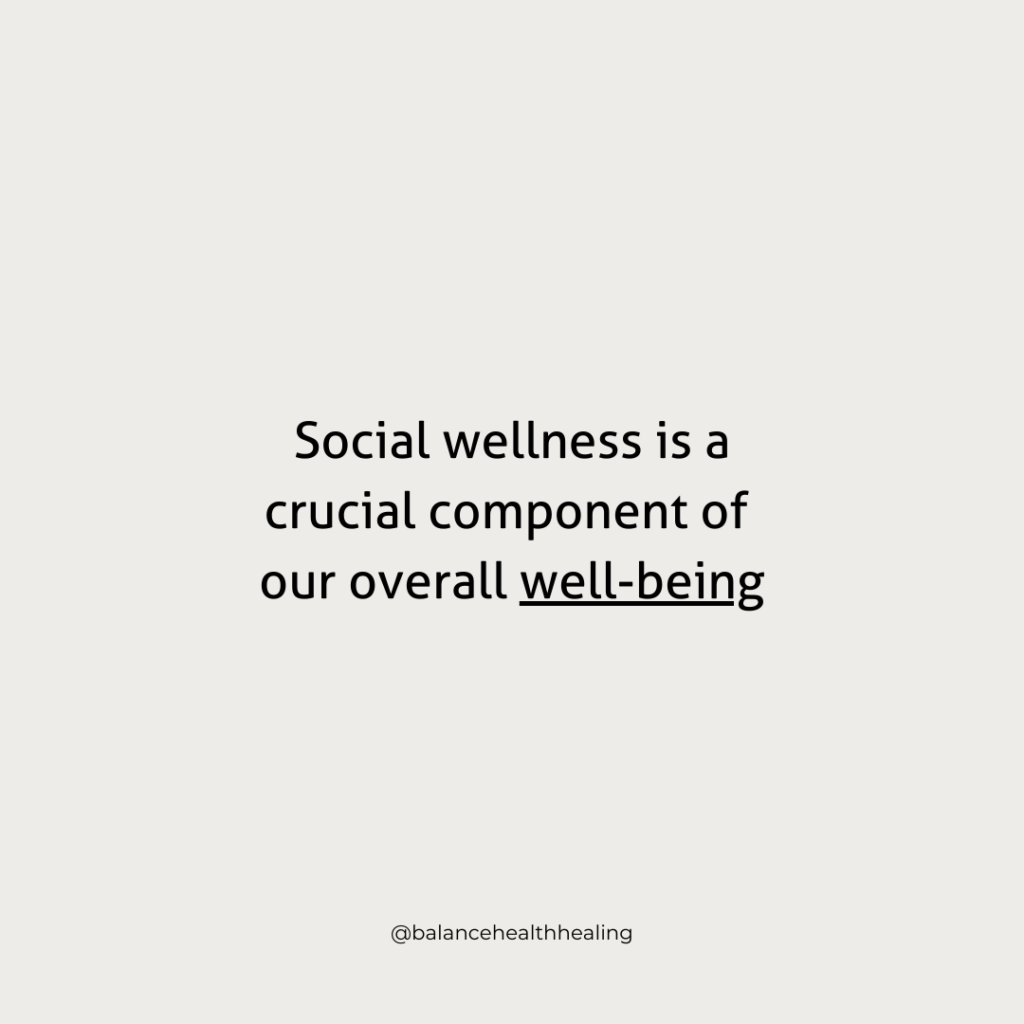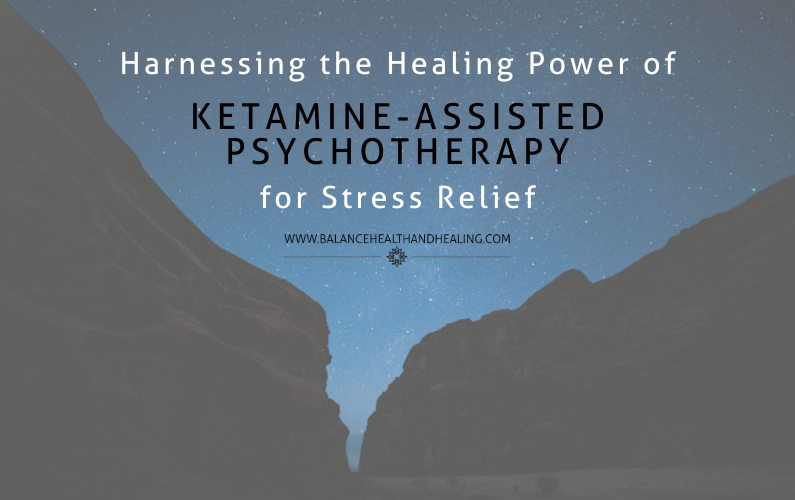
5 Ways to Strengthen Social Wellness
July is Social Wellness Month, a perfect reminder of the importance of fostering strong, meaningful relationships and creating a supportive community. Social wellness isn’t just about having a large circle of friends; it’s about building a network of positive connections that nurture our well-being and help us thrive. Here are a few tips to enhance your social wellness this month and beyond.
- Reconnect with Loved Ones

Life gets busy, and sometimes we lose touch with the people who matter most. Use this month as an opportunity to reconnect with family and friends. Schedule a coffee date, make a phone call, or send a heartfelt message. Even a small gesture can make a big difference in maintaining strong relationships.
- Join a Group or Club
Finding like-minded individuals can significantly boost your sense of belonging. Whether it’s a book club, a sports team, or a volunteer group, joining a community with shared interests can provide a sense of purpose and connection. It’s a great way to meet new people and build lasting friendships.
- Practice Active Listening
Good relationships are built on good communication. Practice active listening by giving your full attention during conversations, asking questions, and showing empathy. This strengthens your connections and makes others feel valued and understood.
- Reach Out to Neighbors
 In this digital age, we sometimes overlook the importance of our immediate community. Make an effort to get to know your neighbors. A friendly chat or a simple wave can create a more supportive and connected neighborhood.
In this digital age, we sometimes overlook the importance of our immediate community. Make an effort to get to know your neighbors. A friendly chat or a simple wave can create a more supportive and connected neighborhood.
- Be Open to New Experiences
Stepping out of your comfort zone can lead to new friendships and opportunities. Attend local events, take a class, or explore new hobbies. Being open to new experiences enhances your social wellness and enriches your life with diverse perspectives and skills.
Social wellness is a crucial component of our overall well-being. By nurturing our relationships and building a supportive community, we can lead happier, more fulfilling lives. This Social Wellness Month, take the time to connect, communicate, and celebrate the people around you.


 “Let It Go Day” is a great reminder that hanging on to grudges, regrets, and past hurts can really drag us down. These negative feelings can cause stress, anxiety, and depression. Letting go doesn’t mean forgetting or ignoring what happened; it’s about acceptance and acknowledgment while releasing its hold on our present and future.
“Let It Go Day” is a great reminder that hanging on to grudges, regrets, and past hurts can really drag us down. These negative feelings can cause stress, anxiety, and depression. Letting go doesn’t mean forgetting or ignoring what happened; it’s about acceptance and acknowledgment while releasing its hold on our present and future.

 Ketamine, originally developed as an anesthetic, has garnered attention in recent years for its potential in treating various mental health conditions, including depression, anxiety, and PTSD, and its role in stress management is equally noteworthy.
Ketamine, originally developed as an anesthetic, has garnered attention in recent years for its potential in treating various mental health conditions, including depression, anxiety, and PTSD, and its role in stress management is equally noteworthy.